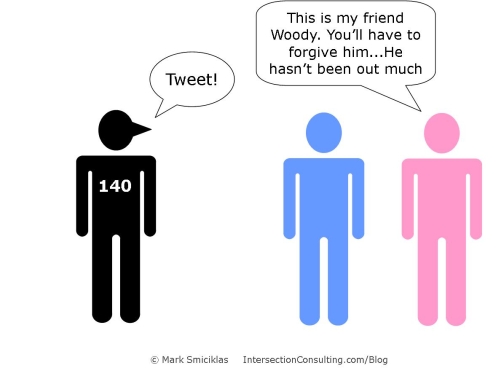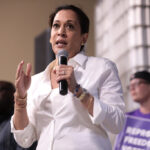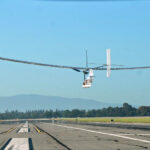Venezuela’s President Nicolas Maduro has closed more than 400 outlets of media in the last decade. This is a sign that the regime has severely curtailed press freedom.
This suppression of independent journalists has grave implications for both the economy of the country and its freedom of speech.
After the disputed presidential election on July 28, the government tightened control over information, limiting users’ access to platforms such as X (formerly Twitter), and forcing them to rely upon VPNs in order to circumvent restrictions.
Restrictions on social media and, in particular, the blocking of X represent a broader digital repression trend designed to muzzle criticism of the Government.
Venezuelan President Maduro has been accused by critics of manipulating the public discourse, and silencing opposition voices.
Social media is a vital tool in the economic, communication and globalization of millions Venezuelans.
Media suppression: a decade of repression
In the past ten years Venezuela has seen a level of suppression in its media that is unprecedented.
Local NGOs such as Espacio Publico claim that more than 400 outlets of media have been closed, reducing significantly the freedom to express oneself.
The censorship occurs in a nation with 17.94 millions internet users (61.6%) and 14,05 million users of social media.
Venezuelans are cut off from global digital conversations due to the increasing restrictions on many platforms.
Blocking X, and other platforms have not only disrupted the freedom of expression but has also had severe economic implications.
The restriction on information has affected consumers, businesses and entrepreneurs who depend upon these platforms to advertise, conduct market research and make economic decisions.
Use of social media for economic development
In Venezuela, social media plays an important role that goes beyond communications. It is a key driver for economic activity.
Businesses can connect to customers and market their products using platforms like X or Instagram.
However, government restrictions severely limit the freedom to use these platforms.
In a recent interview, Aldo Contreras of ICD explained the severity of the current situation.
Societies that are well-informed make better choices. People who are not exposed to a variety of viewpoints are left with very limited information and make poor decisions.
Contreras has also highlighted the way government censorship hinders economic freedom, by stopping businesses from interacting with their audiences on important platforms.
Lack of uncensored access to information is a barrier for both consumers and entrepreneurs. It limits their ability to make informed decisions and grow.
Government-controlled narrative
Venezuela’s government tightens its grip on the information, and this goes beyond closing down media outlets.
CANTV, the state-owned telecommunications provider, plays a crucial role in implementing restrictions online. This makes it hard for Venezuelans without VPNs to gain access to platforms.
Nicolas Maduro’s government has blocked social media frequently during politically sensitive occasions to silence opposition voices. This practice has increased since the elections on July 28th.
Reporters Without Borders, which ranks Venezuela among the world’s most restrictive nations in terms of press freedom according to its World Press Freedom Index 2024, has condemned Venezuela for its restrictive media environment.
Journalists, who report the truth, are often harassed or jailed or face criminal charges, such as “terrorism” and “inciting hate.”
Venezuelan journalists are faced with significant obstacles in their daily work. From navigating the censorship system to risking safety, they face a number of challenges.
DelValle Canelon is the Secretary of the National College of Journalists. She told ICD that the repression continues to escalate, especially after the recent elections which were marked with a lack of transparency and questionable results.
Journalists must now rely on VPNs in order to circumvent censorship and access restricted platforms.
Canelon stressed that this hostile atmosphere severely hinders journalistic effort, leading to self censorship, lack of accurate information and a oppressive environment where dissenting voice are muted.
She pointed out also that many journalists are faced with economic difficulties, including low salaries and insufficient resources to buy the tools necessary to bypass government restrictions.
Media censorship has a negative economic impact
Media and social media censorship has significant economic consequences.
Venezuelan economic growth is stifled by restrictions on social media, which are essential business tools.
Businesses are left with few options to engage customers and grow their business when they can’t advertise or access platforms such as X and Instagram.
Aldo Contreras pointed out that the absence of information access prevents the citizens from taking informed decisions about the economy, which further exacerbates the economic crisis in the country.
Information control is a way to maintain power for the government, but it comes at the cost of the economy as a whole and the financial health of citizens.
Venezuela’s progress will be aided by the restoration of freedom of expression and uncensored access to information.
The country can only begin to recover once it has overcome its economic and political crises. This will allow its citizens to make more informed decisions that are beneficial to both the economy and democracy.
The post Venezuelan media crackdown: over 400 outlets closed in 10 years may be updated as new information becomes available
This site is for entertainment only. Click here to read more






